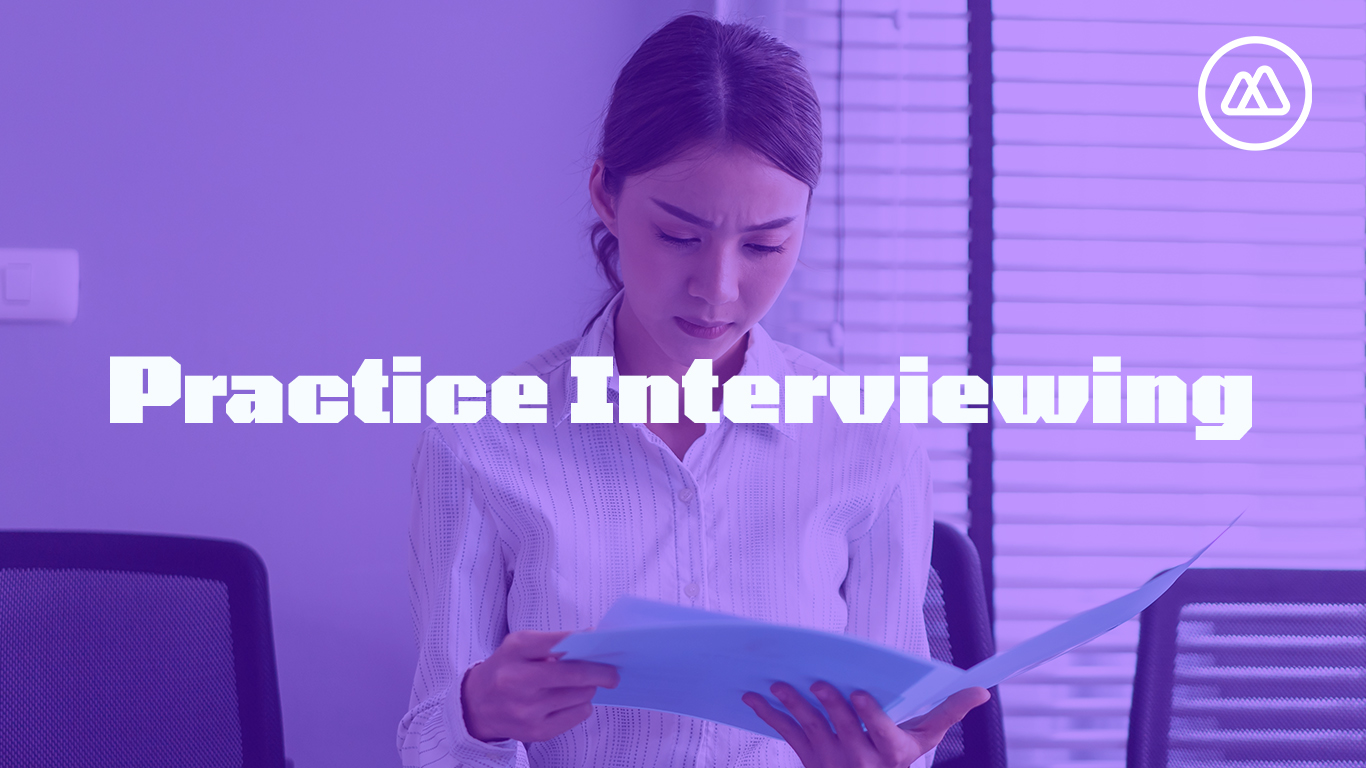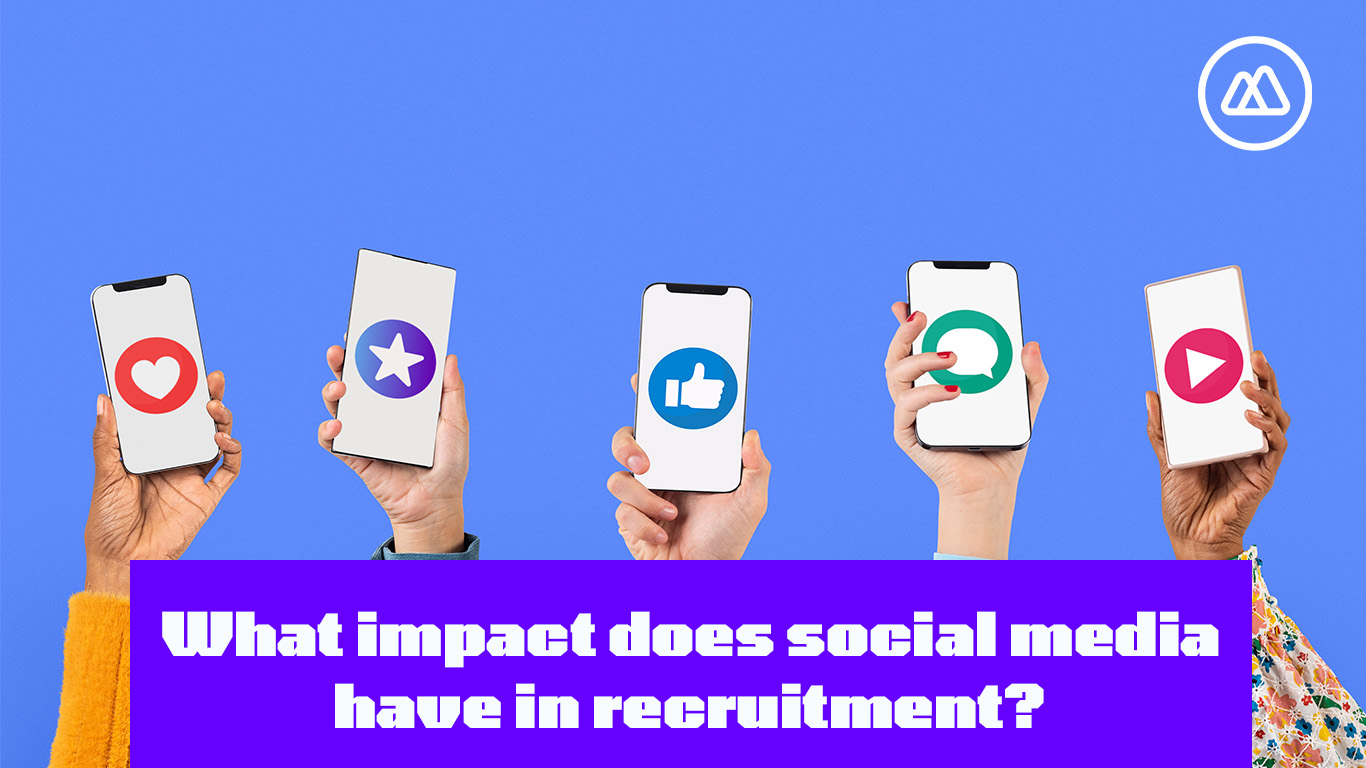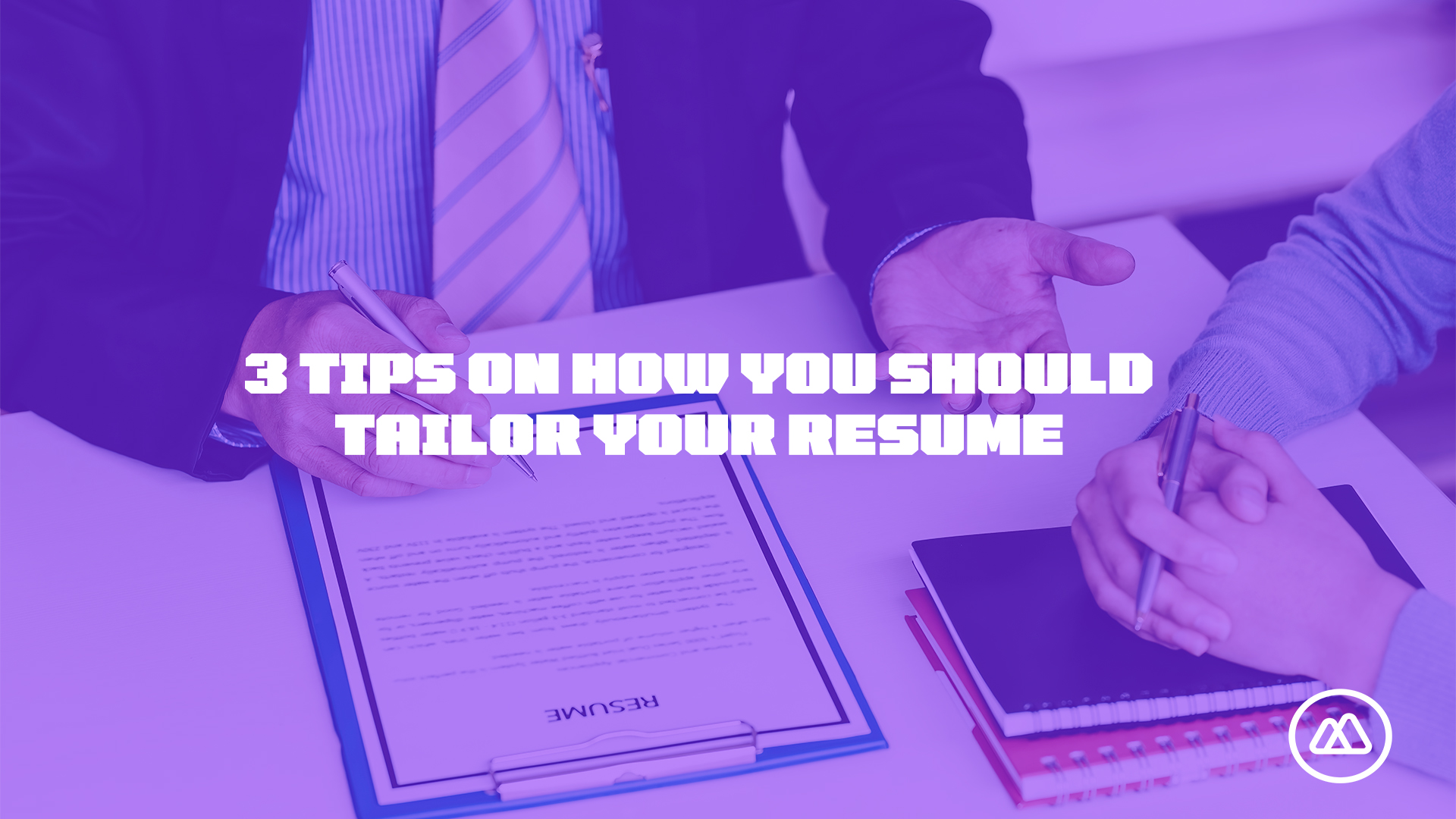
Even though telephone interviews can be intimidating at the very beginning, you must get through them if you want to advance with your job prospects. As more hiring managers establish initial contact with potential employees, the stakes are higher than ever, and the first few seconds of an interview may decide the outcome of your employment.
The interviewers can't see you, but they are evaluating you based simply on that one of your voice, how you follow up on your responses, how you phrase your questions, and a variety of other factors that emerge during the interviews.
The hiring manager of the company is likely to call you if your resume has been placed in the "possible hiring" pile, and the first step they take is to conduct a telephone interview. If you have received a call, then it’s good news for you!
Generally speaking, you can anticipate that hiring managers will do phone interviews in an effort to filter out prospects so they can concentrate on holding in-person interviews with a smaller pool of the most suitable applicants.
Here are some tips and trips that can help you succeed in your phone interview:

Even though no two job interviews are the same, there are a few questions that are frequently asked by hiring managers of prospective employees, such as "Why are you leaving your current company?" or "Can you briefly describe your professional background?".
Telephone interviews come with their own unique set of obstacles. Hiring managers are interested in hearing how you use detail in your sentences, and they will make an assessment based on how you respond to any questions that are asked.
In most circumstances, asking about a job's salary during a phone interview can be premature, especially if it's your first conversation with the hiring manager.
Successfully completing an impressive phone interview could help you to ensure that you move on to the next stage of the job process. It's crucial to give thorough, convincing responses that adequately represent your talents, competencies, and suitability for the position you're looking for when there is no body language or facial expressions visible.

By letting a potential employer know that you are aware with what his or her company does, you are demonstrating your sincere interest in the operations of the company while also saving them time. Make it a practice to do your homework of all the companies you have sent in your resume before attending any impromptu telephone interview.
If you are someone who is working in the tech industry, be sure to let the hiring manager know that you are familiar with what the company is doing and explain to them how your skills and experience are a perfect fit for the employer.
Because hiring managers only work with candidates they like, it's critical to turn the interview into a conversation by listening carefully, responding with your own ideas, and posing thoughtful questions. You can demonstrate your knowledge by responding to their query with a well-thought-out one of your own. Instead of just answering questions, keep your voice conversational, as if you were speaking with a buddy and narrating a story.
Being familiar with the job description allows you to boast your expertise and also allows you to be comfortable with having the right conversation tone and not stuttering your words.

When a potential hiring manager calls you, open up the original job description and scan it for words that keep coming up and the specific abilities they're looking for. When speaking with your interviewer, make an effort to touch on each of these points.
We advise jotting down particular questions as you read because doing so will improve your memory. As an illustration, what if your hiring manager asked you to "Describe your current working background and what you do on a daily basis?"
Try to keep an eye out for any keywords that the recruiting manager may have used and gently include them into your responses. If they used terms like "SalesforceMarketing Cloud" or "Frontend Developer", you should discuss your accomplishments and skills that are relevant to these roles in order to demonstrate your ability to perform them.
Your skills and how they relate to the particular role you are seeking for are among the most crucial things employers look for when conducting interviews. You want your prospective hiring manager to view you as someone who is efficient as solving problems as this is a key trait towards being an outstanding leader and someone who is adaptable and managing difficult situations.

When a candidate has a skill set that is strong for the position available, hiring managers simply adore it. Hiring managers always wish to hire candidates who shows enthusiasm about the job and excited to learn new things whether it’s over the telephone or in-person.
Make it clear that you are genuinely interested in getting the job by expressing your genuine interest in the position and discussing how you believe you can benefit the company. If you can share something exciting about the job and make yourself enthusiastic, you can distinguish yourself from the rest.
In the workplace, the same thing occurs frequently; you may use it to your advantage by exploring your career options. Asking others for their professional advice and ideas is a simple way to let them know you're interested in working with them. This will eventually lead to the discovery of or the creation of a variety of chances that will benefit in your career development.

You must refrain from multitasking in order to reduce distractions. You should concentrate on giving your prospective hiring manager your whole attention, which entails carefully listening to what he or she is saying and then responding well in a way that shows you are fully involved in the conversation.
Try to avoid taking the call in a public space or a noisy environment because it can be difficult for your prospective hiring manager to hear exactly what you are saying and there may unintentionally be some miscommunications along the way.
This is because you can't really understand all the non-verbal cues. It will be best to answer the phone in a quiet room or an enclosed area where you can be by yourself. It would be nice if you could reschedule to a later day and a better timing if the call can't wait until then.

Ask a few questions to get a sense of how the hiring process will go. Try to find out what are the next step and ask about the timeline so you know when you can expect a call.
Within 24 hours after the phone interview is when you should write a personalized thank-you email. Don't hesitate to send one even if it is longer than that. Due to the inability to read the body language and facial expressions of your interviewer over the phone, initial telephone interviews might be a little challenging for job hopefuls. A honest and well-written thank you message will help you make a good first impression and pave the way for your eventual hiring by your new workplace.
You have the chance to share your relevant knowledge and experience in this email.You can clarify any answers to questions that you may not have answered adequately during the phone call or highlight any skills that you may have unintentionally forgotten to mention.
End your message with a statement of your continuing enthusiasm for the job and your hope that you will have the opportunity for further consideration for the position or a second interview, if the employer plans on continuing the process.







.png)







.png)












.png)


.png)
.png)














































